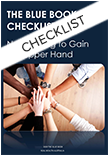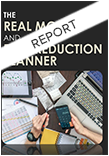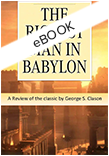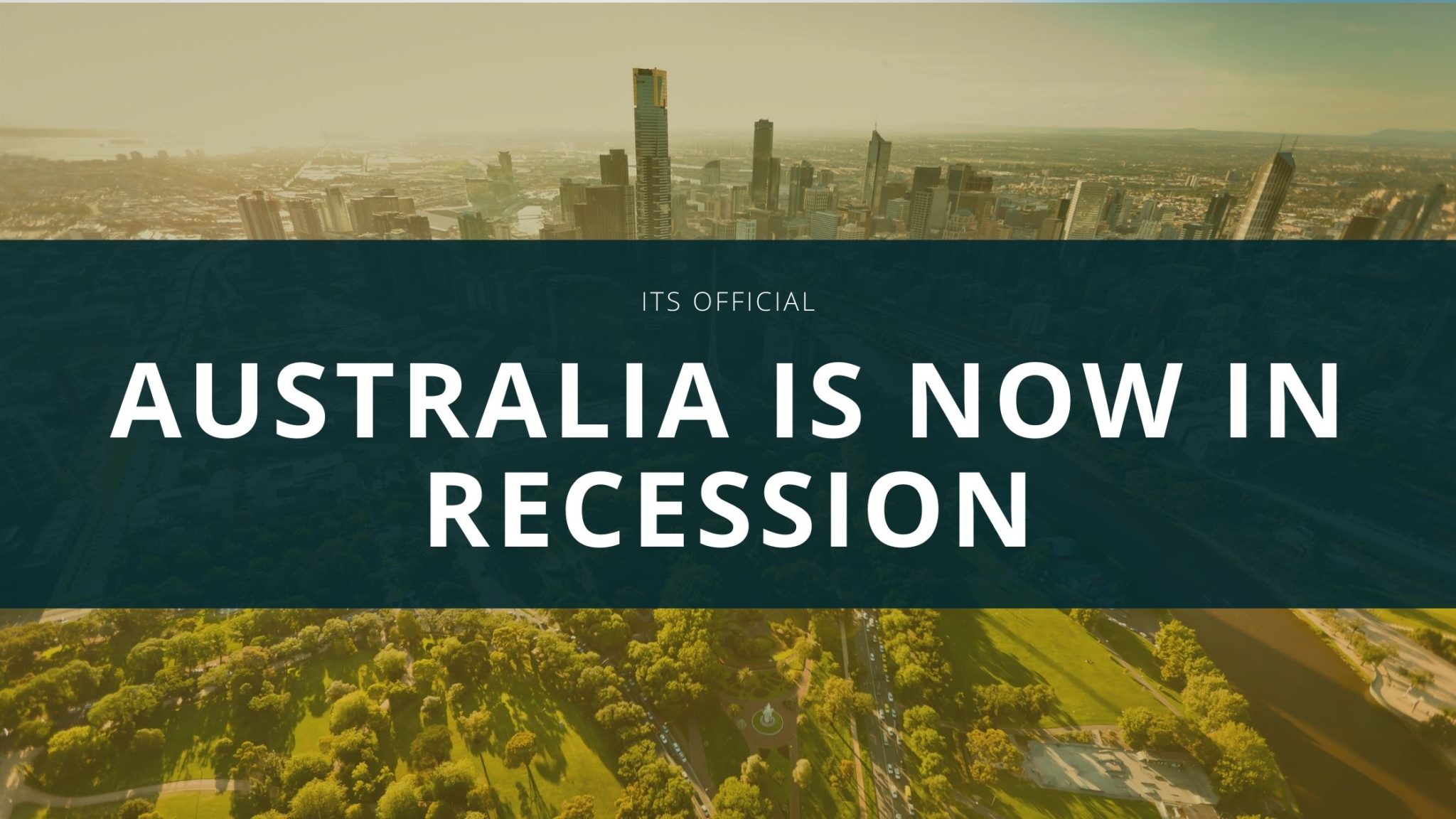Real Wealth Australia
The Big Four Banks Just Keep on Getting Bigger

Harking back to the pre de-regulation days, the Big Four (ANZ, NAB, Westpac and Commonwealth) tended to dominate the landscape. The banks’ standard variable rates were much higher than the Reserve Bank’s cash rate – on average, around 3% higher – and the marketplace at that time was the perfect example of an Oligopoly, with the industry dominated by a small number of very profitable operators.
Today, the difference in rates has reduced to around 1.5%, and the main reason for this was the introduction of non-bank lenders.
Rather than source their funds from deposits, non-bank lenders source their funds through securitisation.
Put simply, securitisation is a method of financing assets, and it occurs when financial institutions pool together a large number of loans to sell as one package. The securitised loans provide an opportunity for the purchaser (generally the pension funds and large investment bodies) to invest in mortgage-backed securities, and these were considered safe with a good to medium yield.
The sub-prime disaster that the mortgage industry in the US experienced sent ripples throughout the world, as investors shied away from residential mortgage-backed securities (RMBS), due to fears of potential toxic loans. Suddenly, they were not considered safe, and banks all over the world were going under.
Stability was replaced in the market to a certain extent with to the advent of government mortgage-backed guarantees.
As an investor – again, notably the pension funds and large investment bodies – you had some faith that your money was guaranteed by the government.
To issue this guarantee, the Australian government charged a fee based largely on the credit rating of the organisation. The major banks have a stronger credit rating than the smaller lenders, and so the fee they are required to pay is less.
This has been priced from a risk perspective from the government’s point of view, but it has hammered the smaller lenders who – already burdened with higher costs of funds due to a lack of securitisation – have been hit with the double whammy of a much higher guarantee fee.
Without this guarantee it is extremely difficult to securitise the funds, so they are forced to play on an uneven playing field.
Add to this the fact that the Big Four are buying out many other major players in the industry (Challenger, Aussie Home loans, BankWest, RAMS and St George), and competition has virtually been extinguished.
It was recently announced that the Big Four now control over 90% of all new lending in Australia, and recently the government announced that it would invest $8 billion in new residential mortgage-backed securities, in an attempt to level the playing field.
“It will increase the funding that goes to the smaller lenders, and we need the smaller lenders in the game to keep the market competitive… helping to put downward pressure on borrowing rates over time”, said Treasurer Wayne Swan.
This is following a $4 billion boost back in September 2008.
What does this mean for you as an investor?
Ultimately, any move towards establishing equity and fairness within the mortgage industry is a step in the right direction – because increased competition means a better result for all borrowers.
My question to you is: do you think that we are experiencing a cartel amongst the banks considering how closely they follow each other when raising interest rates? Is it really a fair playing field?
Until next time… happy investing!
Helen
Real Wealth Australia
Share this post
Become a successful Property Investor
















